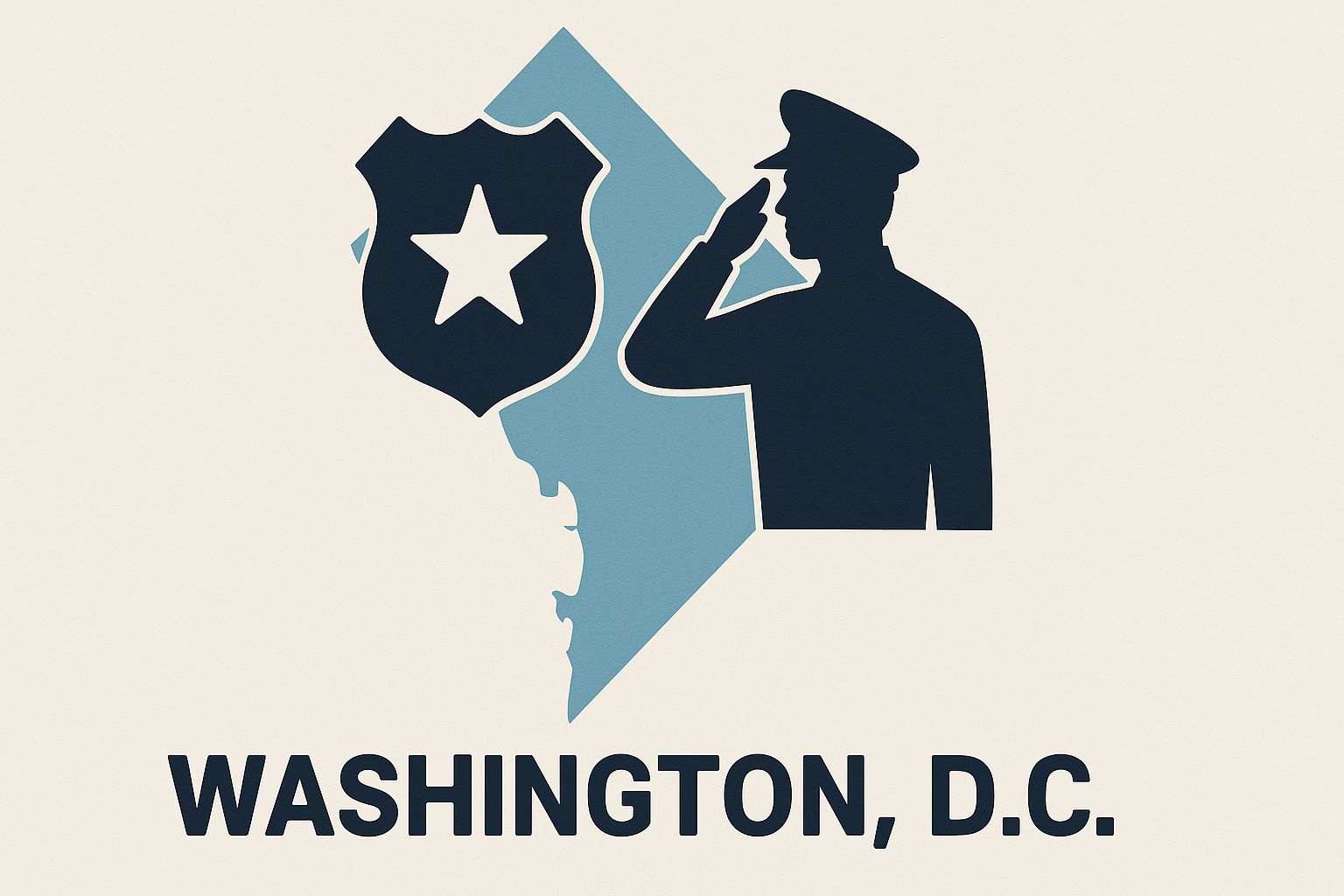President Donald Trump’s unprecedented move to assume control of Washington, DC’s Metropolitan Police Force has sparked debate over the scope of presidential authority in the nation’s capital. Legal experts say the action, enabled by DC’s special federal status, cannot be replicated in other U.S. cities without significant legal changes.
A Federal City with Special Rules
Unlike states, DC operates as a federal district under congressional oversight. The 1973 Home Rule Act granted the city an elected mayor and council but preserved Congress’s authority to overturn local laws and control spending. Under a provision of DC law, the president can take temporary control of the Metropolitan Police during an emergency — a power Trump invoked on August 11, the first time any president has used it.
Trump cited “crime, bloodshed, and squalor” as justification, despite city data showing a 35% drop in violent crime in 2024 and a 26% decrease so far in 2025. His order allows 30 days of control, with any extension requiring congressional approval. Trump has indicated he may seek “long-term extensions” and could declare a national emergency to retain authority.
Limits Outside DC
While Trump has suggested similar interventions in cities like New York and Chicago, experts say he cannot directly seize control of local police or governments in states due to constitutional limits on federal power. “The federal government does not have the authority to commandeer state and local officials against their will,” said Anthony Michael Kreis, a Georgia State University law professor.
National Guard Deployment in the Capital
As commander-in-chief, Trump already oversees DC’s National Guard and deployed 800 Guard members alongside police. Federal law — specifically the 1878 Posse Comitatus Act — bars military forces from direct law enforcement, such as making arrests, without specific authorization. Still, Guard units can perform support roles, such as protecting facilities or assisting with logistics.
Trump has also expanded National Guard involvement in immigration enforcement. In July, the Pentagon announced 1,700 Guard troops would assist Immigration and Customs Enforcement (ICE) operations in multiple cities. California is challenging Trump’s deployment of troops in Los Angeles, arguing it violates federal law and state sovereignty.
Potential Use of the Insurrection Act
One legal pathway to bypass Posse Comitatus restrictions would be invoking the 1807 Insurrection Act, which allows military deployment to quell rebellion or unrest. While last used during the 1992 Los Angeles riots, Trump has not invoked it during his current term. Experts caution that the law’s broad definitions could be stretched for political purposes.
Criticism and Calls for Statehood
DC Mayor Muriel Bowser called Trump’s police takeover “unsettling and unprecedented” and renewed calls for DC statehood, arguing it would protect local control. Critics warn the move sets a troubling precedent, with former State Department official Richard Stengel calling it “far more dangerous than the situation he says he is fixing.”
Trump has framed the action as a model for restoring law and order, saying, “We’re going to take back our capital, and then we’ll look at other cities also.” However, the unique legal structure of Washington, DC means such a takeover remains a capital-only scenario — unless Congress or the courts say otherwise.



